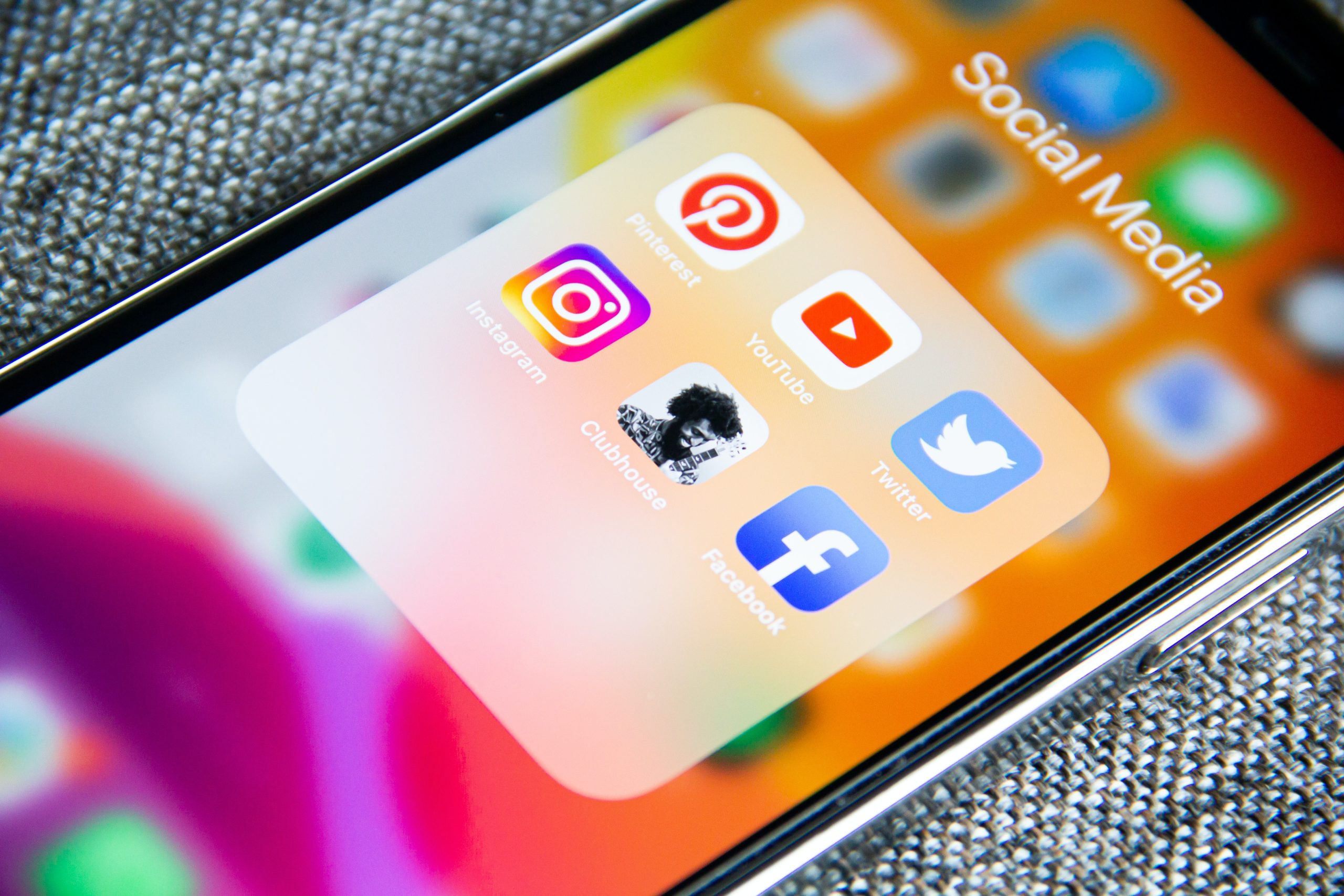
Social media has become an integral part of our daily lives, with billions of people using it to connect with others and share information. However, for students who are already facing a multitude of challenges in their academic and personal lives, social media can be both a blessing and a curse. On one hand, social media provides access to an endless stream of knowledge and resources that can enhance learning experiences. But on the other hand, it’s easy to get lost in the distractions of likes, comments, photos, and videos that can take away from productivity and mental health. In this blog post we’ll explore the positive and negative effects of social media on students as well as provide tips on how to use it effectively for academic success.
The positive effects of social media on students
Social media can have a positive impact on students in many ways. It provides an opportunity to connect with other students, both locally and globally, creating a sense of community and support. This can be especially important for those who struggle with social anxiety or feel isolated.
In addition, social media platforms such as Twitter and LinkedIn provide access to valuable information and resources that can enhance learning experiences while also keeping the student up-to-date with industry trends. For instance, following subject matter experts on these platforms can give one access to expert opinions that may not be available in traditional classroom settings.
Furthermore, social media has made it easier for students to collaborate on group projects without having to physically meet up. This saves time and money while providing greater flexibility since members don’t have to worry about geographical barriers.
When used correctly, social media offers several benefits for students – from creating new connections and communities to enhancing knowledge sharing across borders.
The negative effects of social media on students
Social media can be a double-edged sword for students. On one hand, it provides an easy way to stay connected with friends and family, as well as access information for school projects. On the other hand, social media can have negative effects on students’ mental health and academic performance.
One major issue is the amount of time spent on social media platforms. Students can easily get distracted by scrolling through their feeds or checking notifications instead of studying or completing assignments. This habit can also lead to procrastination and poor time management skills.
Another issue is cyberbullying, which has become more prevalent due to the anonymity of online interactions. Negative comments or messages from peers can have a detrimental effect on a student’s self-esteem and even lead to depression or anxiety.
Social media addiction is another negative effect that students may experience. The constant need to check for updates or likes can create anxiety and stress in some individuals.
Social comparison through social media platforms like Instagram can result in feelings of inadequacy or jealousy among students who are constantly bombarded with images of others’ seemingly perfect lives.